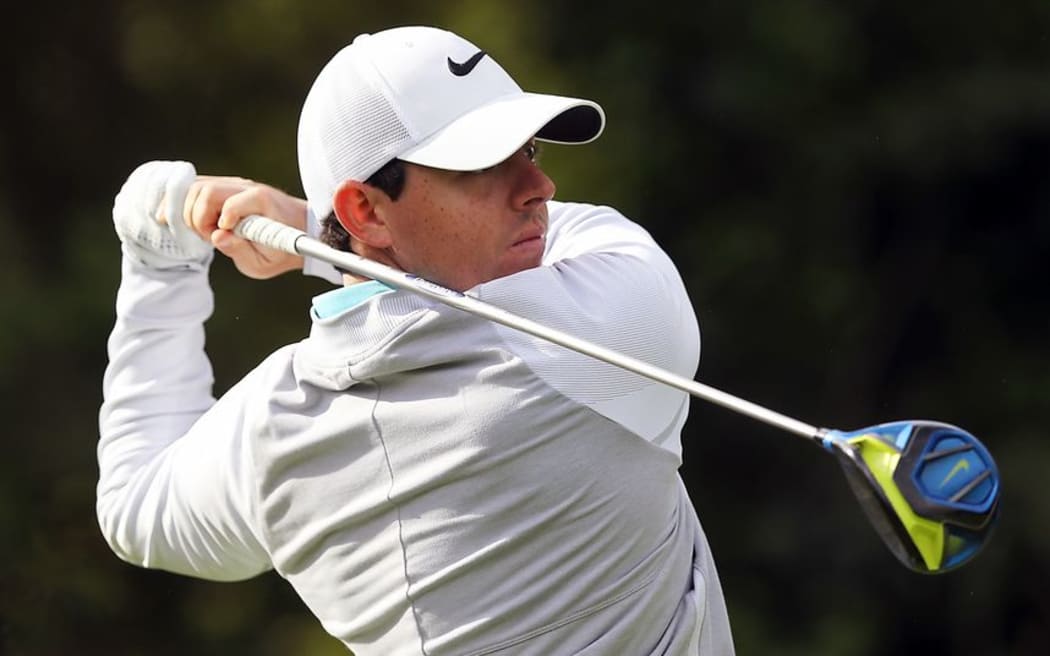Northern Ireland's four-times major winner Rory McIlroy has decided to pull out of the golf tournament at the Rio Olympic Games in August because of health fears over the Zika virus.

Rory McIIroy Photo: Photosport
"After speaking with those closest to me, I've come to realise that my health and my family's health comes before anything else," the world number four said.
"Even though the risk of infection from the Zika virus is considered low, it is a risk nonetheless and a risk I am unwilling to take."
The International Golf Federation (IGF) said it was disappointed with McIlroy's decision.
The 27-year-old was due to represent Ireland, rather than Britain, at the Games and his withdrawal is the latest blow to golf, which is returning to the Olympics for the first time since 1904.
A number of big names, including Fiji's Vijay Singh and Charl Schwartzel of South Africa, have also withdrawn because of the virus.
Controversy over the Games has grown as more becomes known about Zika. The mosquito-borne virus can cause crippling birth defects and, in adults, has been linked to the neurological disorder Guillain-Barre.
Last week, the World Health Organisation (WHO) said that the Games did not need to be moved or postponed because there is "a very low risk" that holding the event in Brazil will cause further spread of the virus.
An expert WHO panel on Zika concluded that staging the event during the Brazilian winter means the mosquito population will be smaller and intensified mosquito-control measures in place around venues "should further reduce the risk of transmission".
Medical experts had a mixed response to McIlroy's decision.
Derek Gatherer, a virus expert at Britain's Lancaster University, said if the golfer was "contemplating becoming a father within a year or so, then it was a perfectly reasonable precaution to stay away from regions of active Zika transmission".
But Jonathan Ball, a professor of molecular virology at the University of Nottingham, said: "Obviously I don't know the reasons for this decision, but it does strike me as being extreme.
"The chances of being infected by the Zika virus is low, especially if you protect yourself from mosquito bites by covering up and using a good insect repellent."
But there are clearly worries in the golf world. Earlier this month, world number one Jason Day expressed doubts for the first time over whether he would compete and the virus was a hot topic of conversation among golfers at last week's U.S. Open.
Masters champion Danny Willett, whose wife Nicole gave birth to their first child at the end of March, said he was excited about the Olympic Games but would not to go if his family's health was at risk.
The list of Rio absentees also includes Australian world number eight Adam Scott and South Africa's world number 14 Louis Oosthuizen, who both opted out over scheduling conflicts.
The connection between Zika and microcephaly first came to light last year in Brazil, which has now confirmed more than 1,400 cases of microcephaly that it considers to be related to Zika infections in mothers.
Britain's Olympic long jump champion Greg Rutherford has decided to have his sperm frozen before the Games.
His partner Susie Verrill, who will not travel to Rio with their young son, said the couple had taken the precaution because they wanted to have more children.
McIlroy, who is engaged to American Erica Stoll, took a long time to decide who he would represent in Rio and threatened to skip the Olympics as he agonised over his choice between Britain and Ireland before opting for the latter in 2014.
"I trust the Irish people will understand my decision (not to go," McIlroy added. "I will continue to endeavour to make my fans and fans of golf proud with my play on the course and my actions off it."
Irish golf team captain Paul McGinley said McIlroy would have been a 100 percent certain pick for the Games but fully understood the reasoning behind the player's withdrawal.

